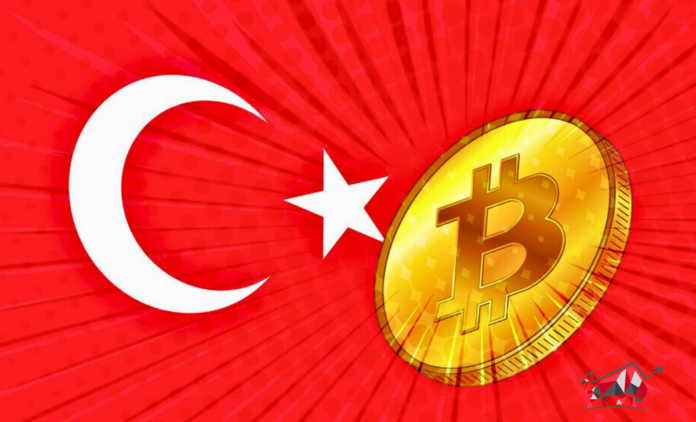Turkey is discussing a new regulation that could ban cash transactions over 7,000 Turkish liras (about $205), raising questions about how this might affect the crypto industry.
Turkey’s Proposed Restrictions on Cash Payments
On September 9, the Turkish Revenue Administration began a public consultation on changes to the Tax Procedure Law. The proposed changes would restrict cash payments above $205, requiring that these payments be made through banks or financial institutions.
Anyone caught violating this rule would face fines. Reports suggest that for each transaction above $205 made with cash, the fine would be 10% of the payment amount. However, the fine would be no less than 5,000 liras ($147) for consumers.
The public can provide feedback on these proposed changes until September 13.
Minimal Impact on Crypto
According to local experts, these new rules are unlikely to affect the use of cryptocurrencies. Meric Paldimoglu, a lawyer and founder of Paldimoglu Law Firm, explained that Turkey already bans using crypto for payments.
Paldimoglu emphasised that the $205 cash limit is aimed at increasing tax revenues and making the economy more transparent. He pointed out that no other countries currently have similar cash payment limits.
Local crypto mentor Ismail Hakki Polat agrees that the cash payment rules won’t directly impact crypto, since crypto payments are already prohibited.
The Turkish government has been increasing its efforts to regulate both cash and crypto transactions. In June 2024, Turkey introduced a 0.03% tax on crypto transactions. More recently, the Turkish Capital Markets Board reported that more crypto companies are seeking licences under the country’s new crypto regulations.
Turkey’s Post-Gray List Developments
These moves are part of Turkey’s broader efforts to improve its financial transparency. After being removed from the Financial Action Task Force’s (FATF) “gray list” for money laundering in June 2024, the country has been increasing tax penalties and tightening its tax collection processes.


